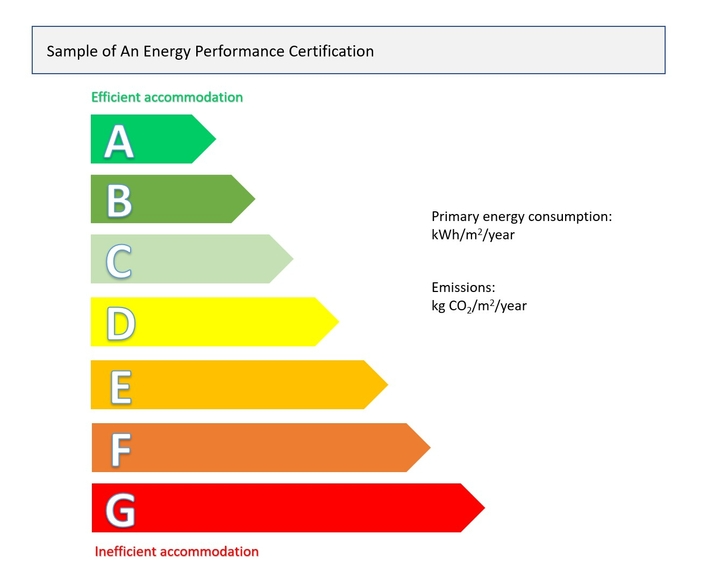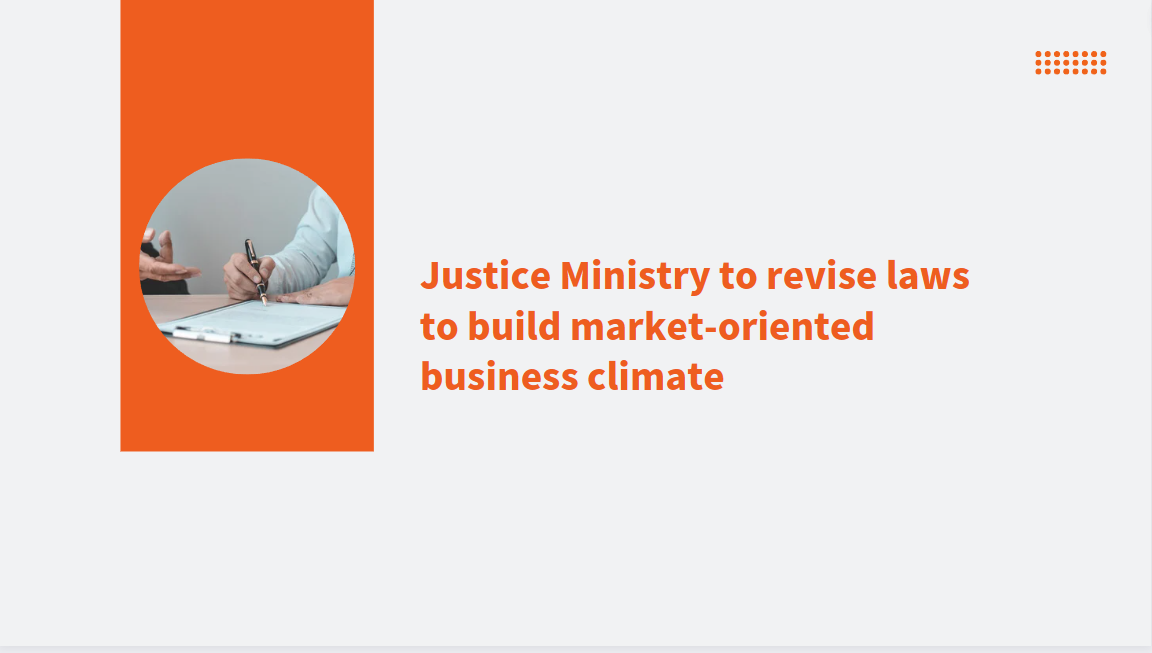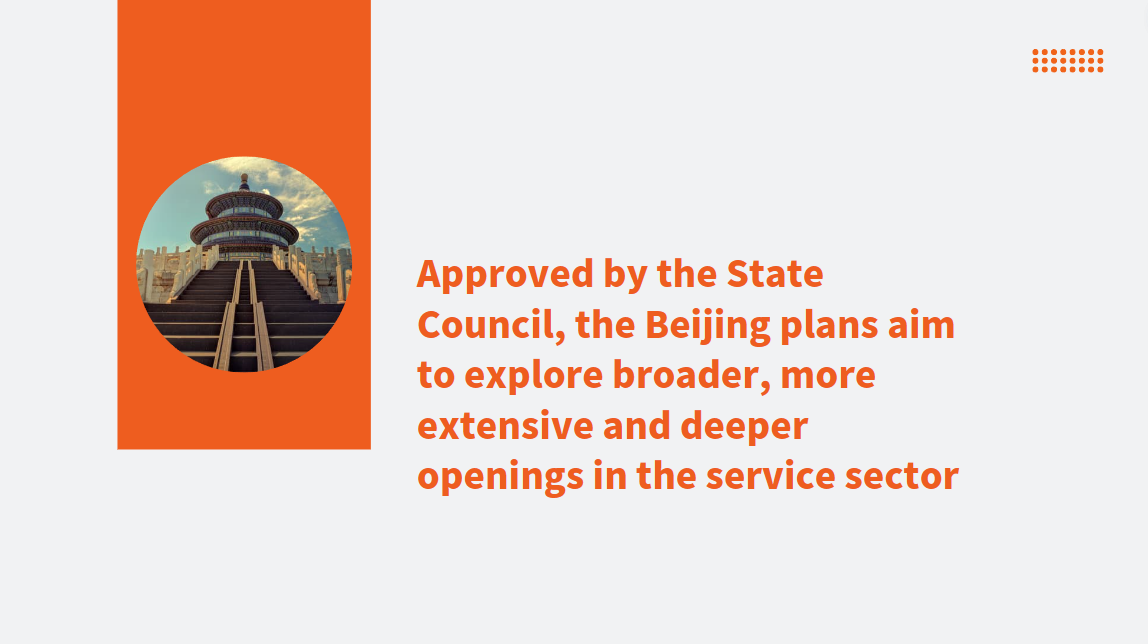The Circular Economy in France: Low Carbon City Development
The Paris Agreement, the legally binding international treaty on climate change, was adopted in 2015. This has created a focus for concerted global efforts to move to a low‑carbon future.
Governments across the world have been putting different green transformation strategies in place, to try to turn this climate change pledge into reality. In particular, European countries have been at the forefront of many net‑zero initiatives.
One example of this is the French government's adoption of its National Low Carbon Strategy (Stratégie Nationale Bas-Carbone, or SNBC). It is designed to establish a roadmap for reducing the emission of greenhouse gases (GHGs). Meanwhile, the country's national investment plans such as the France Relance Plan and France 2030 also show how it is giving a high priority to decarbonisation.
In order to get a better understanding of France's developing sustainability plans and the potential for business opportunities that they provide, HKTDC Research used the Think Business Think Hong Kong - Paris symposium in September 2023 to conduct in‑depth interviews with government bodies, think tanks, businesses, start‑ups, incubators and accelerators. The research team also visited Nantes and Lille to examine how France is implementing sustainable practices and policies, and look at a number of examples of future‑proofed innovative solutions in urban planning, renewable energy, public transportation and green architecture.
Green buildings
One of the key strategies outlined in the SNBC is the need for greening buildings. The building sector in France accounts for 44% of the country’s energy consumption and nearly a quarter of the national GHG emissions. In order to prepare the building sector for net‑zero, the French government has stressed the importance of changing construction (pre‑occupation) and operational (post‑occupation) behaviours, reducing and avoiding unnecessary or wasteful energy consumption, improving energy efficiency and using environmentally friendly building materials, products, equipment and solutions. The aim is to improve the energy and environmental performance of buildings throughout their entire lifecycle.
Energy renovation
Energy renovation, or thermal renovation, of buildings is a priority of the France Relance Plan, which has earmarked more than €6 bn (HK$50.2 bn) over two years for the project. The SNBC’s aim is to have 500,000 buildings given thermal renovations each year between 2015 and 2030, and 700,000 annually between 2030 and 2050. This twin‑pronged strategy should help to create a promising market for companies involved in energy efficiency, recommissioning and retrofitting.
There are more than 5.8 mn housing units in the French capital Paris, occupying over 450 mn m2 of space. To ensure that they reach net‑zero goals, the French government has been tightening regulations on real estate energy performance, and compelling property owners/landlords to perform energy audits and undertake energy renovations whenever and wherever necessary. Incentives, including funding, have been provided to encourage building energy audits, energy renovations, and retrofitting in the private sector. The government also has an energy performance certificate scheme for all properties in France, which was introduced in 2006. It ranks properties on a scale from Class A to G, with Class A (G) representing the highest (lowest) level of energy efficiency and lowest (highest) GHG emissions.

Class G and Class F properties will be banned from the rental market, from 2025 and 2028 respectively. Source: Ministry of Ecological Transition.
In a further measure designed to persuade private property owners to make their properties more energy‑efficient, the French government is now blocking properties with poor energy performance from being made available for rent. For example, from January 2023, properties consuming more than 450 kWh per m2 annually have been banned from being leased. Owners of properties classified as Class F or G are also required to conduct a mandatory energy audit at their own cost when putting them up for sale.
To promote higher energy consumption efficiency standards through renovation or the adoption of energy‑efficient solutions, the French government has established a progressive compliance timeline. Under this timeline, Class G and Class F properties will in coming years be banned from the rental market – Class G properties from 2025 and Class F from 2028.
Post-carbon business district
Heating, ventilation and air‑conditioning (HVAC) is a major source of buildings' energy consumption, and facility managers worldwide are looking for new ways to upgrade hardware and monitor efficiency.
La Défense, a major business district three kilometres west of Paris which has over 3.7 mn m2 of office space, is home to Europe’s largest district heating and cooling network. It delivers energy‑efficient air‑conditioning to 180,000 employees and 50,000 residents. The district is dedicated to reducing its carbon emissions and aims to become the world’s first post‑carbon business district. To achieve this ambitious goal, Paris La Défense, the public institution that develops, manages and promotes the district, has set itself a target of halving territorial GHG emissions by 2030.
It has introduced environmental and sustainability criteria such as decarbonisation potential and energy‑saving targets as part of its assessment process for new real estate projects within the district, in order to reward sustainable development plans. The district – which is open to international sustainable investment – is aligning itself with the highest environmental standards, as it spearheads the creation of a world‑class sustainable business community.
The current assessment criteria prioritise redevelopment projects rather than demolition‑reconstruction operations, alongside the use of bio‑sourced materials and recycled materials and the promotion of functional diversity. Under these criteria, the district has opened a new chapter in its history with Empreintes, mixed‑use, low‑carbon urban projects involving the transformation of five lots located at the boundary between the business district and the cities of Puteaux and Courbevoie.
With overarching themes such as technical innovation, longevity, environmental excellence and contribution to local life, the district is actively seeking expertise and opinions from international experts on how to provide the best solutions for retrofitting or transforming its privately‑owned existing buildings into climate‑proof properties.






















































First, please LoginComment After ~